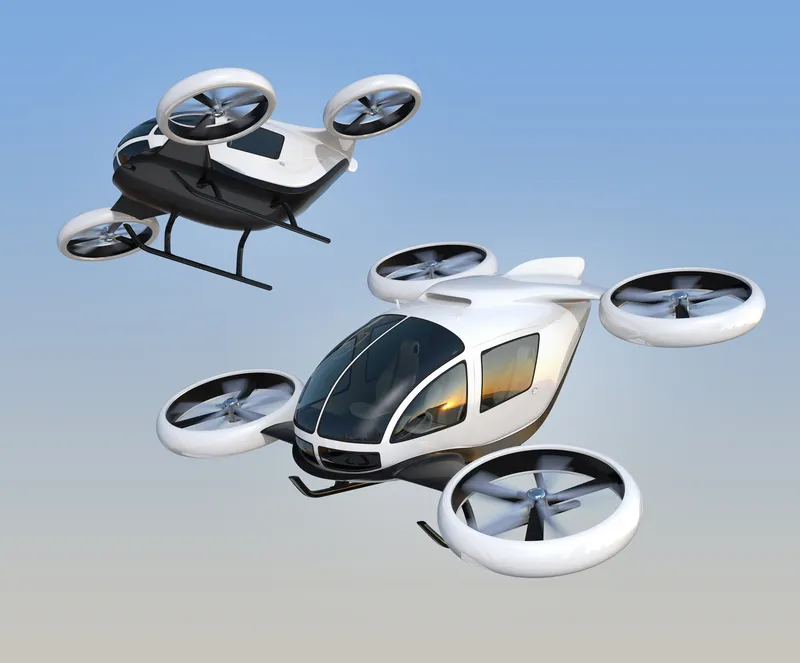
Regulations for passenger transport with manned electric vertical take-off and landing (eVTOLs) "will be a reality by 2025 at the latest", according to a leading safety expert.
Patrick Ky, executive director of European Union Aviation Safety Agency (EASA), says: "I don't think there will be thousands of these vehicles flying over our heads by 2035."
"By then, however, it should be possible for individuals to safely travel from Amsterdam to Brussels in half an hour by eVTOLs. Congestion problems will also be reduced by airborne logistics transport by drones."
EASA is involved with setting up Amsterdam Drone Week (ADW) at RAI Amsterdam, which runs from 21-23 March 2023.
Ky, who is shortly to step down from EASA after 10 years, says the European Commission's Drone Strategy 2.0 presented by the European Commission at the end of last year, was vital in promoting drone development in Europe.
"That has been an important milestone, because regulation for a new market structure within the drone market leads to a momentum that ensures an increase of jobs in the sector," he says. "The strategic plan is invaluable for the development of innovative air mobility in Europe."
"The industry has blossomed. You can't separate that from the innovations that have led to the use of hydrogen as a fuel, but also from the increase in electric and hybrid vehicles," Ky concludes. "These new technologies have been developed over the past decade, thus creating momentum."
For the first time in ADW's five-year existence, a reduced rate applies to authorities and governmental bodies: click here to request tickets.








